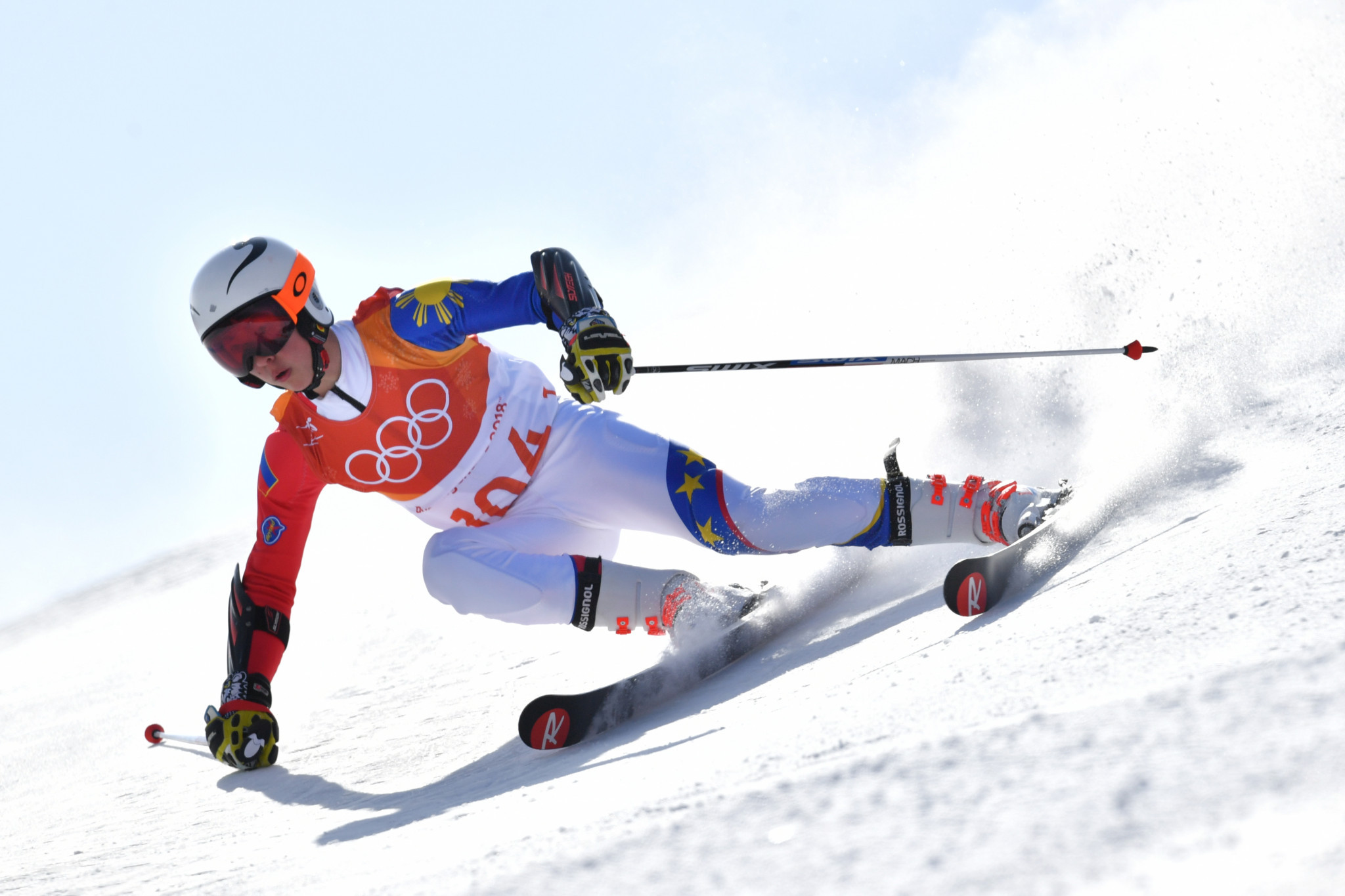Beijing on Sunday received its first major snowfall of the season giving the city a real Winter Games appearance. There was fresh snowfall in the surrounding mountains as well.
The heavy snowfall severely affected visibility, in turn making it difficult for alpine skiers to navigate while trying to make it downhill. It also forced the second run to be postponed by 1 hour, 15 minutes.
During the delay, a massive snow-clearing operation involving leaf blowers and shovels was carried out to make the course fit for skiing. The snow made the ski tracks slow, especially on the first two classic ski legs.
Switzerland’s Marco Odermatt placed everything on the line in his successful bid towards achieving a gold medal.
“I really risked everything in the second run because I wanted not just the medal, I wanted the gold medal,” Odermatt said. “It’s difficult because you can lose everything but today it paid off.”

A course worker stands in the finish area of the men’s giant slalom course as the snow comes down at the alpine ski venue at the 2022 Winter Olympics, Sunday, Feb 13, 2022, in the Yanking district of Beijing. -AP
The Swiss skier expressed his frustration over the excessive delays between the two runs which made it difficult to remain focused.
“It was a hard day, with the conditions, with such a long wait between the two runs, Odermatt said.
“It was more than five hours for me, it was such a long time to re-think everything and it was hard to stay focused,” he added.
While Odermatt was able to pick gold despite the odds, Italy’s Luca de Aliprandini had a rough day. Emerging in the sixth position after the first run, he skied off course during the second run.
“It’s a shame what the weather is like. I was hoping for the sun, like on all the other days. Couldn’t see anything,” he said.
A second women’s downhill training run scheduled for Sunday was canceled.
Artificial Snow
Previously, the Beijing games were being played on artificial snow which drew criticism from environmentalists over the excessive use of water. Although Winter sports worldwide have been using artificial snow owing to global warming and its accompanied unpredictability of weather – this is the first time the Winter Olympics are relying entirely on artificial snow.
All venues have been sprayed with artificial snow. An estimated 222.8 million liters of water have been utilized for this purpose.
This has raised significant environmental concerns and increased pressure on the International Olympic Committee (IOC) which now faces mounting questions about the environmental cost of the Games over claims that the alpine runs were constructed in a protected nature reserve.
The author covers politics and foreign affairs for Truth International Magazine. He can be reached at [email protected] or at https://twitter.com/shahmir_niazi










